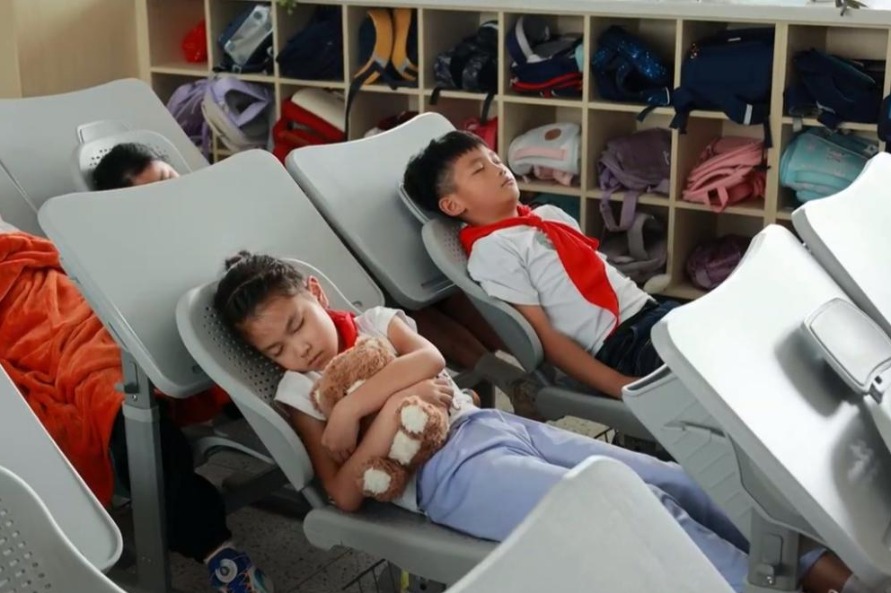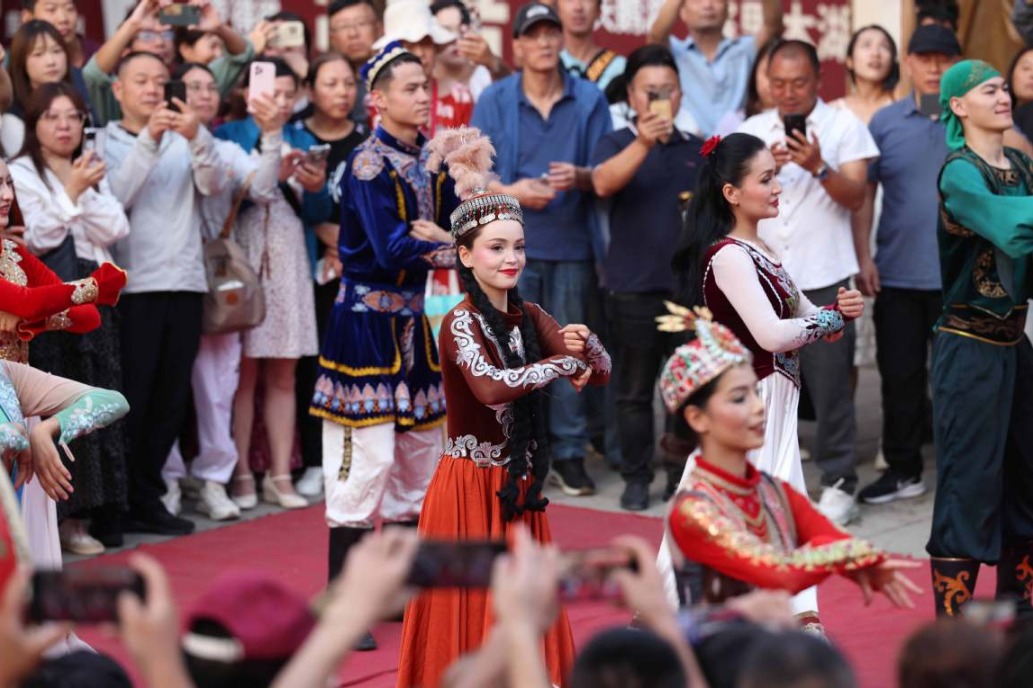Use AI to deliver customized humanitarian content, global educators say

Global humanitarian educators are calling for the use of artificial intelligence to create interactive and personalized educational content while emphasizing that human interaction remains essential for nurturing critical thinking, empathy, and other core humanitarian qualities.
Wang Rupeng, dean of the International Academy of Red Cross based in Suzhou, Jiangsu province, noted that digital technologies have significantly expanded the reach of humanitarian education.
For example, virtual reality enables the public to immerse themselves in simulations of humanitarian crises, while social media and short-form video platforms offer innovative channels for spreading humanitarian ideas.
"By analyzing user interests and learning habits through big data, AI systems can deliver customized humanitarian education content to diverse groups, improving both learning outcomes and engagement," Wang said during the 4th Soochow International Humanitarian Forum.
The event, hosted by the Red Cross Society of China and Soochow University, took place in Suzhou from Friday to Saturday. It was organized by the Chinese Red Cross Foundation and the International Academy of Red Cross, with support from the International Federation of Red Cross and Red Crescent Societies and the International Committee of the Red Cross.
However, Wang also pointed out that algorithm-based recommendation systems often trap users in "information cocoons", limiting their exposure to diverse perspectives and hindering a comprehensive understanding of humanitarian issues.
"Information overload and shortened attention spans also pose challenges to delivering in-depth humanitarian education," he added.
Charlotte Tocchio, humanitarian education coordinator at the International Federation of Red Cross and Red Crescent Societies, acknowledged that AI-powered tools — such as translation services and intelligent tutoring systems — have improved access to information, personalized learning, and training for first aid and emergency procedures.
At the same time, she stressed the importance of developing analytical and critical thinking skills, as well as fostering empathy, collaboration, and other humanitarian values through human-led approaches.
"This means ensuring that educators and learners who use AI and digital tools are equipped with the digital literacy to question algorithms, identify biases, and critically evaluate data and sources," Tocchio said.
She added that face-to-face interaction remains more effective than online tools in prompting self-reflection and driving behavioral change.
Tocchio called on technology experts and relevant stakeholders to support the ethical, safe, and responsible use of AI and digital technologies to enhance the accessibility, inclusivity, and impact of humanitarian education worldwide.
- Use AI to deliver customized humanitarian content, global educators say
- Beijing's elderly population surpasses 5m for first time
- Ex-Bank of China vice-president under probe
- Shanghai innovates as invention patents rise in 2025
- Remains of Chinese soldiers to be returned from ROK
- Relatives honor US hero during China's resistance against aggression





































